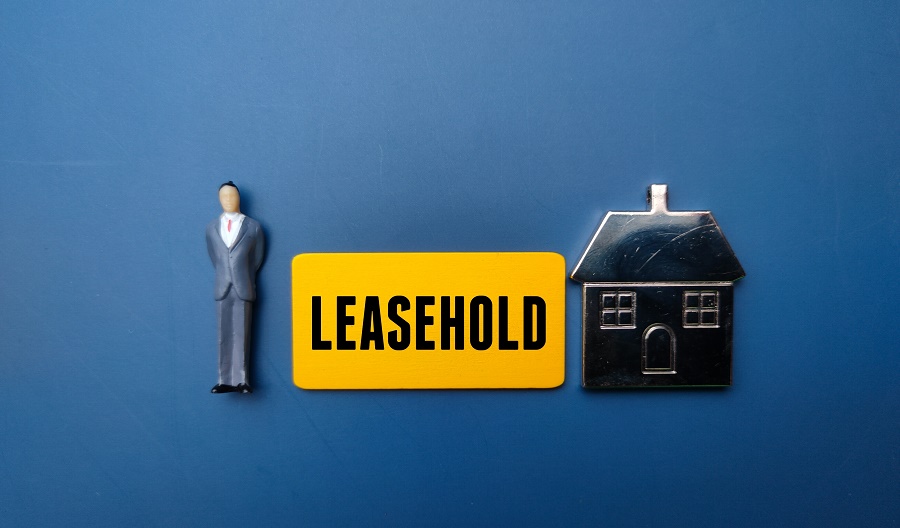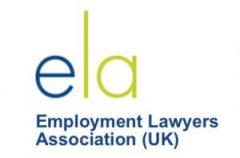The long-awaited Leasehold and Freehold Reform Act (‘the Act’) has officially received Royal Assent and became law on 24 May 2024, although it has still not come into effect. Some provisions of the act include amendments to the Building Safety Act come into force in July 2024, as well as allowing a property to be repossessed because of a missed rent charge payment, but the rest of the Act will likely be introduced in stages over the coming years.
So, until the next Government decides when and what to implement, the current laws on leasehold remain in force, however, we now have a better idea of what the future holds for leaseholders with these significant changes to the law aimed at enhancing their rights and benefits. It’s interesting to note that during its passage through Parliament, the Leasehold and Freehold Reform Act grew from 65 clauses and 8 schedules to 124 clauses and 13 schedules, so it’s certainly not reduced the complexity of this area of law.
Frances Watts explains what the Leasehold and Freehold Reform Act includes, and doesn’t include, and what it means for owners or would-be owners of leasehold properties.
Standard Lease Extension
One of the most significant changes is to the law relating to lease extensions. The Act will amend the current provisions and will allow for a lease of a house or flat to be extended to 990 years instead of 50 years for houses and 90 years for flats. In addition, leaseholders do not need to have owned the property for a minimum of 2 years before the lease can be extended.
Marriage Value & Freeholder Costs
The Act also abolishes ‘Marriage Value’ which is a significant percentage of the premium paid to a freeholder for lease extension to a lease of less than 80 years. Marriage Value is the hypothetical profit resulting from the extension of a short lease. Under the previous legislation, the freeholder would be entitled to 50% of the Marriage Value when the leaseholder extended their lease. If the lease on the property had more than 80 years, then the Marriage Value was valued at zero.
With the introduction of the Act, leaseholders with short leases will no longer be required to pay the additional Marriage Value which will have a significant impact on the premium they would have been paying. Freeholders who benefitted from the Marriage Value payment will be the losers in this equation, as they will not get the benefit of the increased value of the land with lease of less than 8- years to run.
Whilst the Marriage Value has been removed, a premium will still need to be paid to the freeholder for all lease extensions. Deferment and capitalisation rates will continue to form part of the calculation for all lease extensions, and these will still need to be set and will be prescribed when the Act is brought into force. The deferment rate is the figure used to calculate how much compensation a tenant pays to their landlord when extending the term of their lease.
New leasehold properties
The Act has also banned the sale of new leasehold houses so that, other than in exceptional circumstances, every new house in England and Wales will be freehold from the outset. New flats however can still be bought and sold as leasehold.
Right to Manage and Collective Enfranchisement
Collective Enfranchisement is the process leaseholders go through to purchase their freehold and Right to Manage enables leaseholders to take over management of their building, allowing them to appoint the managing agent of their choice.
Under the current legislation, a building is not eligible for either a Right to Manage or Collective Enfranchisement if the property 25% or more of the property (not including common parts) was commercial. The new Act will make more buildings eligible as this threshold is increasing from 25% to 50%. This means the Act will capture a greater number of buildings and provide more leaseholders with the opportunity to purchase the freehold or access Right to Manage.
Service charges
Leaseholders will also gain greater transparency over their service charges by making freeholders or managing agents issue bills in a standardised format and there will be a requirement to produce a year-end report with details of planned major works. There will be a ban on commissions made on insurance by freeholders and/or managing agents and the process of challenging unreasonable charges will be simplified for tenants. The presumption that leaseholders will bear the legal costs of any service charge challenge (and that these can be repassed through the service charge) will be removed.
Ground Rents
Disappointingly the capping of Ground Rents did not make it into the Act, however, leaseholders can reduce their ground rent to a peppercorn (£0) either by extending their lease or exercising the new legal right to buy out the ground rent. It is already law that new residential leases cannot be granted with a ground rent.
Impact on the housing market
It is estimated that approximately 20% of the English property market is comprised of leasehold homes, so the Leasehold and Freehold Reform Act will have significant consequences. While the Act commits to making leasehold extensions cheaper and easier there is still work to be done, as in reality separate consultations and secondary legislation may be required before the Act can be enforced.
The million-dollar question is when will the changes apply. The answer is we don’t know. Estimates are for 2025/2026 but that will depend on the new government. So, owners of leasehold properties with short leases may have to wait at least a year or two to benefit from these more favourable leaseholder rights, which do not always fit in with their personal plans.
Registered providers and landlords will need to ensure they keep up to date with the changes and amend their working practices to ensure they are compliant with the new elements of the Leasehold and Freehold Reform Act 2024.
Frances Watts and her Leasehold Enfranchisement team are happy to discuss Lease Extensions, Collective Enfranchisement and Right to Manage, and have a vast level of experience in guiding clients through this complex area of law.
For more information please contact Frances Watts on t: 0118 920 9499 or e: frances@thpsolicitors.co.uk








